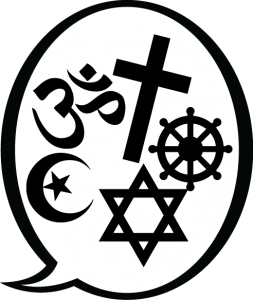A few years ago, I (Matthew Brake) co-wrote a piece for the Philosophy and Pop Culture blog on Daredevil and guilt:
“Father Lantom’s final point — that Matt’s guilty conscience indicates a wrongdoing for which he must make amends — is an unexpected shift, since Lantom previously says he ‘is sure that [it is] true’ that Matt has ‘done everything’ he could. Once the dialogue enters difficult terrain, Lantom resorts to a simple formula, even at the pain of inconsistency: if you feel guilty, you must have done something to warrant it. This is reminiscent of the Biblical tale of Job and his interlocutors, who despite being unable to identify a wrongdoing, insist that Job must have done something wrong, for why else would he be suffering?”
Read more here.

I
Might add that there is no choice in the commitment. That where there was a choice, there does guilt reside in the inauthenticity. But that this inauthenticity is itself authentic in as much as there is no choice within it. It is the coming upon the choice where by one is authentically guilty and thus understands the commitment that has already been made.
Thx so
Much
LikeLike
…but in reference to pop culture, choice is always central to an alleviation of guilt, cause, etc…
LikeLike